

RCDSO CONNECT
Winter 2025

Newsletter of the Royal College of Dental Surgeons of Ontario
FEATURE ARTICLE:
Meet the new RCDSO Council - Page 15

RCDSO CONNECT
Message from the President and the Registrar & CEO
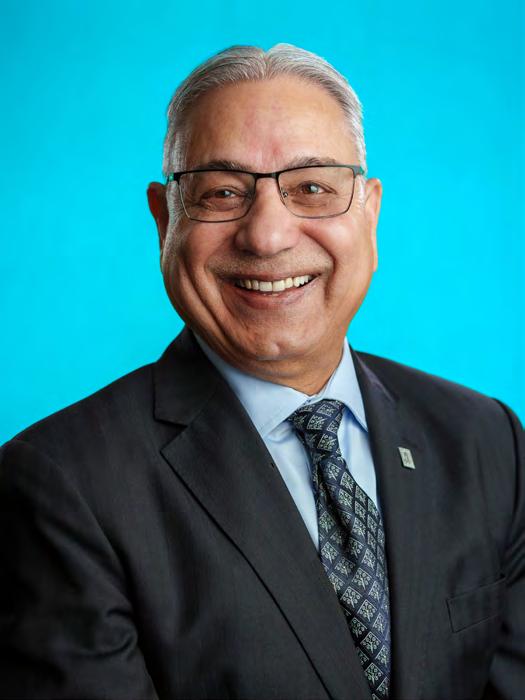
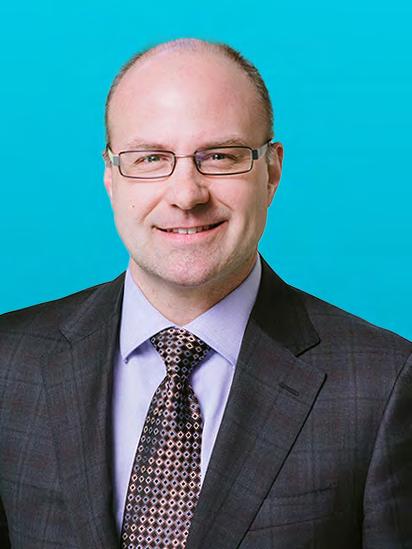
RCDSO holds a unique position, operating with significant autonomy under the Regulated Health Professions Act. Our work as a regulator relies heavily on the diligence and professionalism of our members who uphold the standards we set. We recognize your contributions to providing excellent care to each patient that you see.
Already, 2025 has been an active year. There are significant projects underway that will impact your practice. We are committed to keeping you informed throughout.
College transformation
College transformation continues and it is our hope that it has had an impact on your interactions with us. We have reduced the investigation backlog and timelines continue to decline. We have decreased delays in certification and CT renewal. At the same time, we are working to improve our service. We have live answer calling for the public and the profession as well as a commitment to respond quickly. Our revised portal helped make renewal seamless for most—and improvements will continue. The new e-Portfolio platform allows for easy upload of CE points and certificates. Audits are now done electronically and almost instantly.
PLP divestment
The PLP divestment project is underway. As the divestment process unfolds, we commit to sharing information and details. There is an article on the subject on page 6, but please attend RCDSO Connect sessions, read our email notices, and follow our social media channels to stay informed. In the meantime, it is business as usual with PLP. You will continue to receive the great service that has been the hallmark of the program since its inception. Your current coverage is not impacted and will continue throughout 2025.
RCDSO Strategic Plan
The current RCDSO Strategic Plan is now in its final year. You will see an increased cadence of change: revised standards of care, guidance on accepting new patients, information on practice models. As market pressures may create gaps in professionalism, we will launch a professionalism document this year. Working closely with Ontario’s two dental schools, we’ll emphasize these values to future dentists, ensuring our support for their growth and development. There have been and there will continue to be opportunities for your input and we encourage you to provide your feedback.
Equitable care is a consistent priority for the College.”
Dr. Harinder Sandhu Chair and President
Daniel Faulkner Registrar & CEO
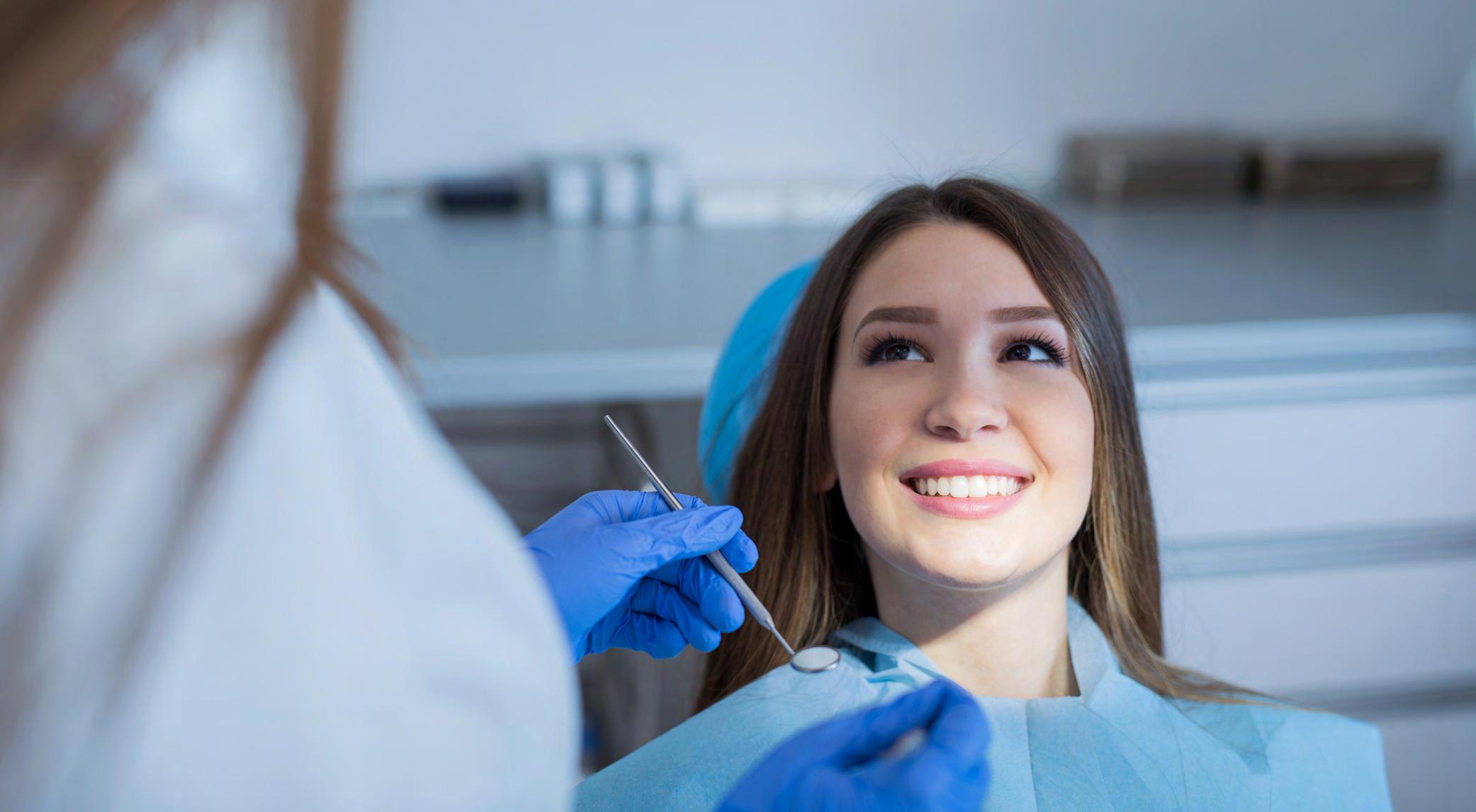
Equitable care is a consistent priority for the College. Our first RCDSO Connect session of 2025 featured Drs. Daniel Haas, Olaf Plotzke, Clive Friedman, and Sharat Pani, explaining the CSDH Case Complexity Tool – A Guide to Enhancing the Dentistry Experience for Persons with Disabilities. It was a remarkable session and you can read more about it later in this newsletter and watch it on our YouTube channel.
Canadian Dental Care Plan
The Canada Dental Care Plan has opened opportunity for care to many patients—and the participation of Ontario dentists has been remarkable. More than half a million patients have been seen already. In the coming months, the College will be working with Health Canada on the onsite verification process. We will keep you informed. The plan was designed to expand to Canadian adults 18-64 this year. In a changing political climate, the direction of the program is uncertain. The continuation of the CDCP will be critical to every patient being cared for under its auspices.
We are pleased to have three new Council members join our ranks: Dr. Neil J. Gajjar, Dr. Daniel Fortino and Dr. Eilyad Honarparvar. Dr. Nalin Bhargava has been elected Vice-President of Council, and Dr. Erin Walker, Mr. Marc Trudell and Dr. Brian Smith all have returned to the Executive table. Together, we are profoundly committed to the public interest and are looking forward to our service.
We encourage you to stay engaged with the College. There is a consultation open at the moment on regulation changes related to PLP divestment, but throughout the year we will continue to seek your advice as we develop and then release new and revised standards of practice.
Finally, we remain inspired by the work that you do to care for your patients every day.
Sincerely, Dr. Harinder Sandhu and Daniel Faulkner
COUNCIL MEMBERS:
Executive Committee
Dr. Harinder Sandhu, Chair and President
Dr. Nalin Bhargava, Vice President
Marc Trudell
Brian Smith
Dr. Erin Walker
Elected Representatives
District #1 Dr. Nalin Bhargava
District #2 Dr. Robyn Somerville
District #3 Dr. Peter Delean
District #4 Dr. Neil J. Gajjar
District #5 Dr. Daniel Fortino
District #6 Dr. Harinder Sandhu
District #7 Dr. Erin Walker
District #8 Dr. Osama Soliman
District #9 Dr. Antony Liscio
District #10 Dr. Deborah Wilson
District #11 Dr. Eilyad Honarparvar
District #12 Dr. Anthony Mair
Appointed By Lieutenant Governor in Council
Ram Chopra
James Colliver
Cristina Cordeiro
Eleonora Fisher
Vivian Hu
Marc Trudell
Brian Smith
Roderick Stableforth
Judith Welikovitch
Nizar Ladak
Academic Appointments
Dr. Daniel Haas
Dr. Noha Gomaa


Next Council meeting
Our next Council meeting is March 27th, 2025. All Council meetings are livestreamed on our YouTube channel.
Questions? Reach out to:
Angie Sherban
Executive Assistant and Council Liaison phone: 416-934-5627
toll-free: 1-800-565-4591
asherban@rcdso.org
Council Highlights
Council Highlights are emailed out to registrants and posted online on the College’s website after each Council meeting. It covers some of the key highlights of Council business.
Read the Council Highlights from the January 23rd Council Meeting





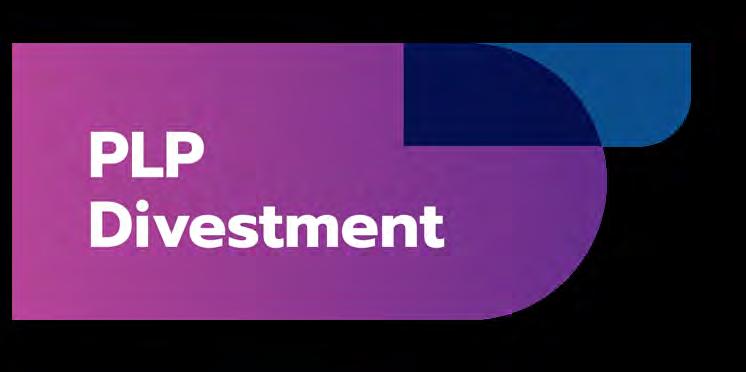
PLP divestment: What you should know
In 2023, RCDSO Council directed staff to transfer the Professional Liability Program (including current liabilities and staff) to a third party.
Our goal, informed by Council and registrants, is to allow the program to continue to operate, under separate ownership. A Procurement Review Group, consisting of Council members, and external merger and acquisitions advisor, PricewaterhouseCoopers (PwC), is guiding the procurement process.
Council receives regular updates on the process and we have a dedicated page on our website with information and updates about the Professional Liability Program. Each issue of the RCDSO Connect newsletter will contain an update on the divestment progress.
Is there anything I need to do now?
It is business as usual for PLP and there have been no changes made to the operation of the program. When you renewed in 2024, your professional liability coverage was set for the entire 2025 calendar year.
Stability, for both patients and dentists, is a priority throughout the transition process. New and existing PLP cases will continue to be handled in the usual manner.
Dentists should continue to contact PLP directly for advice or assistance with potential, new or existing claims by emailing info@plpservices.org.
Next steps
We are currently consulting on draft amendments to the Registration Regulation related primarily to the PLP divestment. In future years, if passed, there will be an ongoing obligation to maintain professional liability protection, as is done with most regulated health professions. The consultation is open until March 25.

The College will provide considerable notice and support to the profession with any changes registrants need to make. As the divestment process unfolds, we are committed to sharing information and details with the profession. You can attend RCDSO Connect sessions, read our quarterly newsletter and email notices, and follow our social media channels to stay informed about the changes to PLP.
plp.rcdso.org
Email: info@plpservices.org

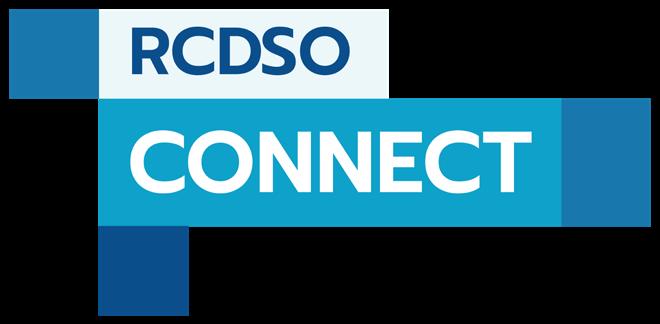
Virtual RCDSO Connect recap: February 4 and March 4, 2025
Our first two RCDSO Connect events of 2025 successfully gathered over 2,200 dentists for enriching Category 1 sessions filled with expert insights, innovative tools, and valuable professional development opportunities.

Tuesday, February 4 highlights: Designing Treatment for Safe, Effective Care
We had the privilege of hearing from Drs. Olaf Plotzke, Clive Friedman, and Sharat Pani, who provided a comprehensive overview of the Canadian Society for Disability and Oral Health (CSDH) Case Complexity Tool. They emphasized that complexity is not static and that this tool supports planning safe and effective dental care for patients who have disabilities.
In addition, Dr. Daniel Haas, a recognized expert in dental anesthesiology, shared insights on how the
Case Complexity Tool can assist in making informed sedation decisions, ultimately contributing to safer patient care.
Key takeaways
In 2022, 27% of Canadians aged 15 and older, or 8 million people, had at least one disability. Disability increases with age, so dentists will likely see an increasing disability rate within their practices.
Decision-making tools like the Dental Treatment Case Complexity Assessment Tool guide dentists in planning care, knowing when to refer, and knowing the information to include in a referral.
The Assessment Tool has practical applications with a wide range of patients and for all levels of professional experience. Its content also helps dentists engage patients and caregivers in discussions about care and the support required by each individual person.

“Dr. Vi Tuyet Pham graciously shared their positive experience, highlighting the practical benefits of the tools and discussions for their practice:
“I had the opportunity to attend the lecture last night, and it was fantastic! I’m so glad I could join. The questionnaires were incredibly useful for my own documentation, as they helped me articulate observations I’ve made in practice but didn’t know how to document or which details to focus on. I’ve been seeing more and more patients with Alzheimer’s, dementia, and other cognitive declines, and it’s crucial to recognize that both the caretaker and the patient are the true experts on their condition. Asking about their goals is key, as these can often differ significantly from the clinician’s goals. The panel of speakers and mentors was exceptional! Thank you again!”
Complexity doesn’t always require sedation, but when it does, it is essential for dentists to balance the risks of sedation with the requirements for care. The RCDSO Standard Use of Sedation and General Anesthesia in Dental Practice describes the authorization requirements for all levels of sedation.
Dentists can earn up to five points in Category 2 for applying these takeaways with their patients. To learn more and obtain a certificate, please tell us more here
We encourage attendees to share the recorded presentation (eligible for Category 3 CE points) and recommend that they and their colleagues download the Case Complexity Assessment Form or Case Complexity Tool
RCDSO is committed to supporting access to care for persons with special healthcare needs and persons living with a disability. To support safe dental care for patients with disabilities, the College has published an FAQ webpage on Treating persons living with a disability or special healthcare needs under sedation or general anesthesia. This FAQ addresses recommendations made by the Patient Safety Review Committee (PSRC) in 2023 following the Office of the Chief Coroner’s review of the death of a patient with special healthcare needs in 2018 following treatment under sedation in a dental facility.

Tuesday, March 4 Highlights: The AI Advantage – Transforming Dental Practice in the Digital Age
Dr. Peter C. Fritz led a thought-provoking discussion about the role of artificial intelligence (AI) in clinical practice, covering essential topics such as data governance, privacy considerations, and ethical implementation.
Through informative case studies in this Category 1 course, Dr. Fritz illustrated how AI-powered tools are helping to enhance diagnostics, radiographic analysis, documentation, and patient communication.
Key takeaways
AI enhances and supports clinical judgment but does not replace it. Dentists are accountable for the decisions they make using AI.
There is a wide range of practical applications of AI in dentistry and clinical decision-making.
Dentists are encouraged to be transparent with patients about their use of AI, and to comply with legal obligations around patient privacy and data security in the adoption of AI.
For more information
Please contact:
The Practice Advisory Service practiceadvisory@rcdso.org for clinical questions about the topics discussed in the RCDSO Connect series.
The Quality team CE@rcdso.org for questions about continuing education points from RCDSO Connect.
Coming in 2025:
RCDSO will be releasing guidance about the use of AI in dentistry.
New PET questions will be added regarding case complexity assessment and AI in dentistry.
Upcoming RCDSO Connect events
Looking ahead, we are excited to continue offering engaging and informative RCDSO Connect sessions throughout the year. Our upcoming virtual sessions are scheduled for:
Wednesday, April 2, 2025
Wednesday, June 4, 2025
Wednesday, September 24, 2025
Wednesday, October 29, 2025
Additionally, we are excited to host an in-person RCDSO Connect event on Thursday, November 6, 2025, at the National Arts Centre in Ottawa. This special in-person gathering will provide attendees with insightful discussions with industry experts. We encourage all members to mark their calendars and stay tuned for more details on these upcoming sessions.
Thank you to all who attended, and we look forward to seeing you at our upcoming sessions!


Mark your calendars: 2025 key dates & events
We hope this list of key dates and events will be helpful as you plan your year. We encourage you to watch our Council meetings on YouTube, join us at one of our RCDSO Connect events and be aware of renewal deadlines.
COUNCIL MEETINGS
RCDSO Council meetings are open to the public. Meeting materials are posted on our website one week before each meeting.
March 27
June 19
September 19
December 4

RCDSO CONNECT EVENTS
Earn CE points and stay informed on the latest from the College by joining us at our RCDSO Connect events.
April 2
June 4
September 24
October 29
November 6 (in-person)

RCDSO CONNECT NEWSLETTER
RCDSO Connect is the College’s digital newsletter offering timely updates and information about dental practice and regulation in Ontario.
June 26
September 29
December 16

QUALITY ASSURANCE PROGRAM
RCDSO’s Quality Assurance Program ensures dentists continuously learn and stay informed of advances in dentistry to provide patients the highest quality of oral care.
New PET launches April 1 CE Cycle 2022-2025 ends December 14

RENEWAL DEADLINES
Avoid late fees and keep your facility permits and authorizations current by renewing through the RCDSO portal.
Sedation - March 31
HPC - August 31
CT Scanner - October 31
Annual License RenewalDecember 15

You can watch recordings of past Council meetings and RCDSO Connect events on our YouTube channel. Visit our website to read past issues of our RCDSO Connect newsletter.
Royal College of Dental Surgeons of Ontario - YouTube Newsletter
Practice Advice: Constructive conversations with patients
From time to time, patients may present to your office with demands for treatment that, as a dentist, you know are not in their best interest. Some may have exceedingly high expectations that you feel are unrealistic and cannot be achieved, while others may request treatment that is beyond your expertise or comfort to provide.
Some patients may decline the treatment you recommend due to financial limitations, lack of knowledge or personal opinions for which there is no generally accepted scientific or empirical basis. Some may even try to dictate the materials and/ or methods used for treatment, which may be inconsistent with the standards of practice.
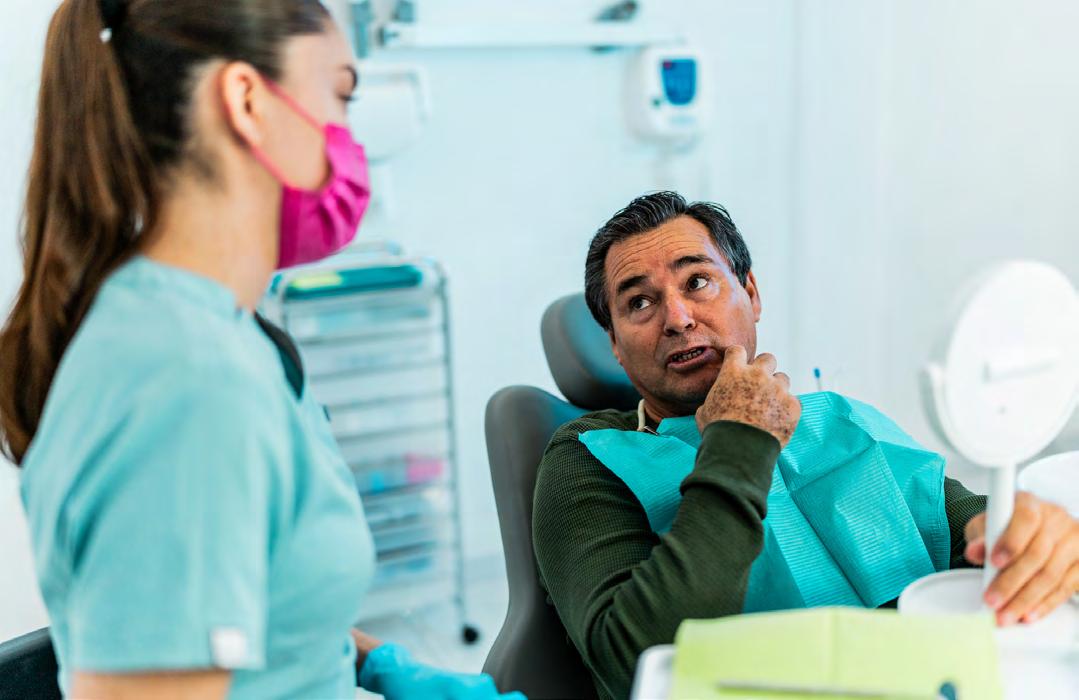
In this digital age, patients have ready access to clinical information from many sources, such as websites and social media. They may believe that they have the appropriate knowledge and judgement to take control of their dental health by directing which treatment they wish to receive and even how it should be performed. Of course, not all sources of information are equal in terms of reliability and completeness.
Informed consent
It is a dentist’s responsibility to take the time to properly engage their patients in the informed consent process and provide them with evidencebased information about all reasonably available treatment options. This genuine effort may prompt
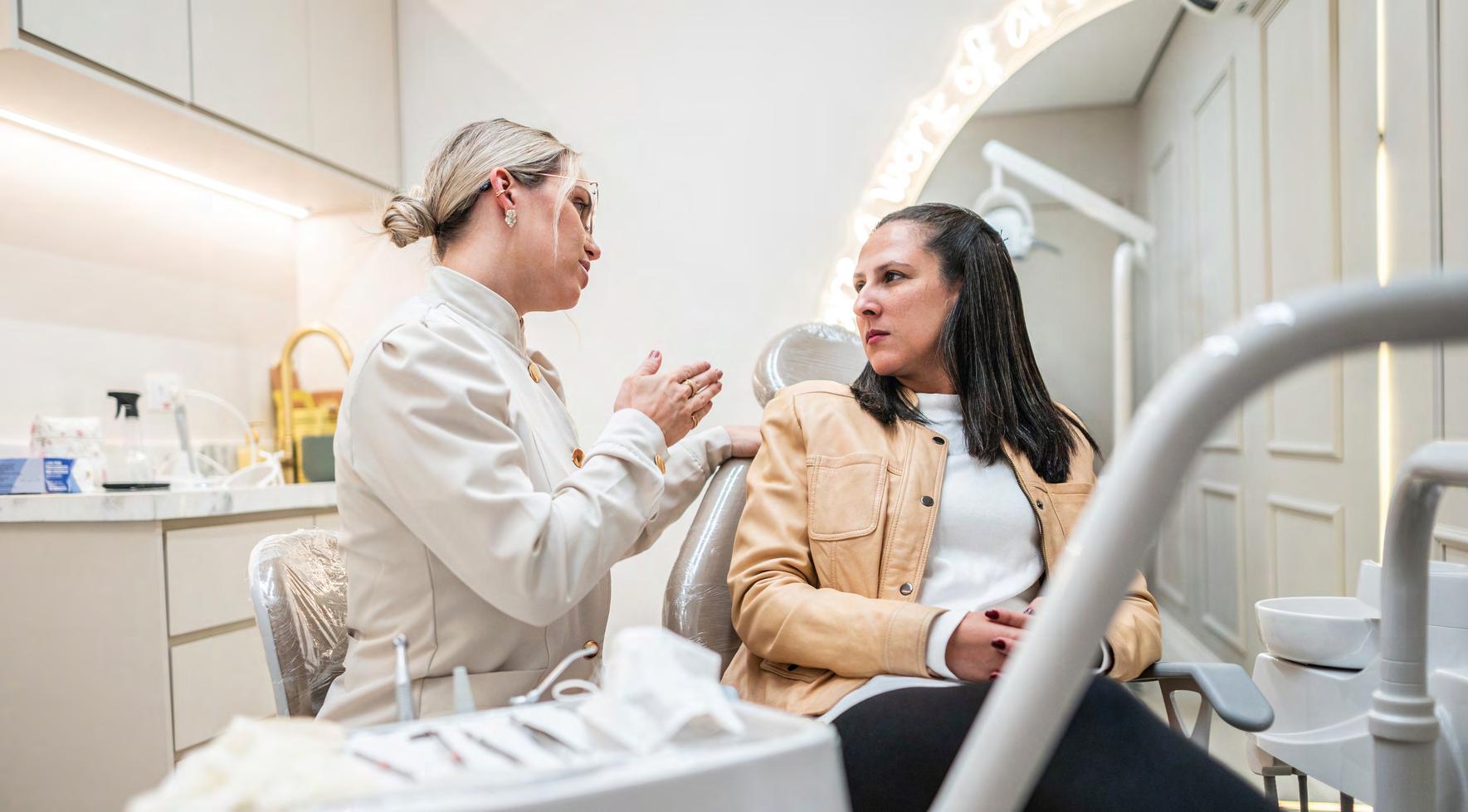

some patients to reconsider their requests and, hopefully, accept their dentist’s recommendations.
As a health care practitioner, you naturally strive to meet your patients’ expectations and address their concerns. Understanding and respecting the autonomy of patients, there may be times that you feel pressured to accede to their demands. While patients have the ultimate right to make informed decisions based on their personal values and beliefs, you should be wary of demands that appear to be unreasonable and potentially harmful if carried out.
It is important to note that the following are acts of professional misconduct under the Dentistry Act, 1991:
contravening a standard of practice or failing to maintain the standards of practice of the profession;
treating or attempting to treat a disease, disorder or dysfunction of the oral-facial complex that the member knows or ought to know is beyond their expertise or competence;
recommending or providing an unnecessary dental service;
making a representation about a remedy, treatment, device or procedure for which there is no generally accepted scientific or empirical basis;
prescribing, dispensing or selling a drug for an improper purpose, or otherwise using improperly the authority to prescribe, dispense or sell drugs.
The following advice will assist you in meeting your professional, legal, and ethical obligations, while still respecting a patient’s autonomy.
1
Consider the merits of the requested treatment and whether it may harm the patient or is likely to fail. In some cases, the requested treatment may not be the ideal option or the one you would choose, but it does not breach the standards of practice and offers a clinically acceptable solution.
3
If the patient is requesting treatment that you judge to be below the standards of practice and/or you believe is not in the patient’s best interest, you should NOT provide that treatment. Explain your reasons for refusing treatment.
5
If a patient refuses to accept your treatment recommendations, such as the taking of radiographs that are required for treatment, explain the rationale for the recommendations and consequences associated with the refusal. If you feel that the patient’s refusal compromises your ability to provide appropriate treatment according to the standards of practice, do NOT provide the treatment.
It is critical to document the informed consent or informed refusal discussion in the patient’s chart. This documentation may be critical in the event of a formal patient complaint to the College or lawsuit.
It is also important to remember that you have a fiduciary relationship with your patients, which creates a legal duty to act solely in their best interests. Although a patient may wish to dictate treatment and offer to sign a release document or waiver in order for you to proceed with their request, you should keep in mind that this will not absolve you of your fiduciary duty or protect you from liability.
2
If a patient requests treatment that is not ideal, but that you determine is reasonable, you should clearly inform the patient of the risks and limitations associated with this treatment. You should also ensure that the patient has realistic expectations about the potential treatment outcome.
4
If a patient requests treatment that is beyond your expertise or you do not feel comfortable providing, you are NOT obligated to provide that treatment. Explain your reasons for declining treatment. You may offer a referral to one or more specialists in the appropriate fields and let the patient decide whether they will proceed with the referral.
6
If a breakdown of the patient-dentist relationship occurs, you may decide to dismiss the patient from your practice, according to our College’s guidance on patient dismissal
Of course, each case is unique and needs to be evaluated on an individual basis.
If you require further guidance about a particular situation, please contact the College’s Practice Advisory Service.
INFORMATION SPOTLIGHT
UNAUTHORIZED DENTAL PRACTITIONERS
The RCDSO is committed to safeguarding public health by ensuring that only qualified and registered professionals practice dentistry within the province.
In this regard, we publish a publicly accessible list of individuals who have been legally prohibited from practising for various reasons, including lack of credentials, disciplinary actions, or other legal issues.
If you are aware of these individuals or anyone else working without being registered with the RCDSO, please contact us at info@rcdso.org

Always check the public register
Dentists should always verify the credentials of potential employees by consulting the RCDSO public register to ensure they are authorized to practice dentistry in Ontario. Before hiring anyone for your practice, be sure to cross-reference their license status on the public register to maintain compliance and patient trust.
Patients are encouraged to check the register as well to confirm their dentist’s authorization to practice and ensure they are receiving care from a qualified professional.
SUSPENDED PRACTIONERS
504324 Azzouza, HoussamEddine 503709 Baban, Kiana 6391 Cameron, Duncan 9615 Cowdrey, Douglas 10219 Davidson, Chuck 48793 Dikanovic, Ljiljana 11194 Elliott, Paul 10874 Gallant, James 123323 Gardi, Michael
503171 Hanna, Mina 123775 Kathuria, Sakshi 503331 Koria, Kavita 11018 Laboissonniere, Martin
5497 Lococo, Michael 503208 Marcine, Sara 503382 Mithaiwala, Hatimali 11741 Morison, Craig 11303 Musulan, Hrista 503022 Nikseresht, Mundana 12303 Niwong, Susanne
501712 Patel, Kunal 120070 Phi, Phuong-Thu 13737 Rai, Jasdeep
7062 Rapaich, David 113570 Ravishankar, Monisha
501695 Rizk, Christina
119825 See, Nadia
121464 Shahab, Sher Shah
503624 Tiwari, Gaurav
500105 Vasamreddy, Vikram
55326 Vasiga, Matthew
55814 Verge, Linda
501541 Zakkour, Zaher
501739 Zhang, Han Wei
MEET THE NEW RCDSO COUNCIL
The governing Council of the College meets several times a year to discuss regulatory policy and debate issues that influence the quality of oral health care in Ontario. Council includes 12 dentists elected by registered dentists in Ontario and between nine and 11 members of the public nominated by the provincial government. The public members are not dentists. Their responsibility is to speak for the public. They play a vital part in the College’s work at Council and on committees. Council also includes two dentists appointed by each of the university dental faculties in Ontario.
We are excited to announce our new Council for the 2025-2027 term and our newly constituted Royal College of Dental Surgeons of Ontario Committees for 2025-2027. Committees were appointed at the 447th Council Meeting on Thursday, January 23rd, 2025. 2025-2027
MEET YOUR COUNCIL MEMBERS:
Elected Representatives
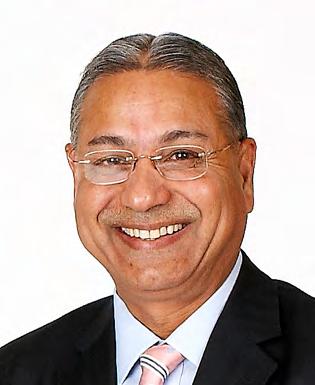
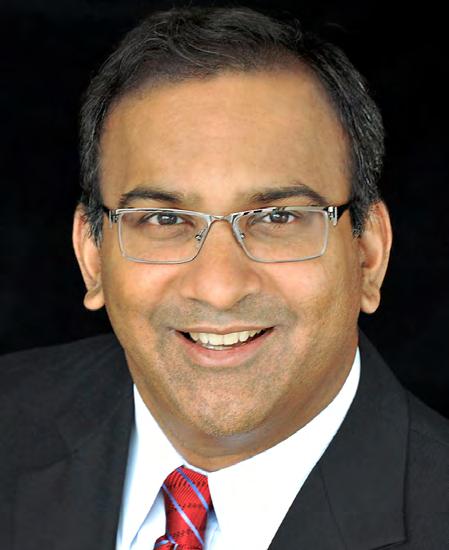
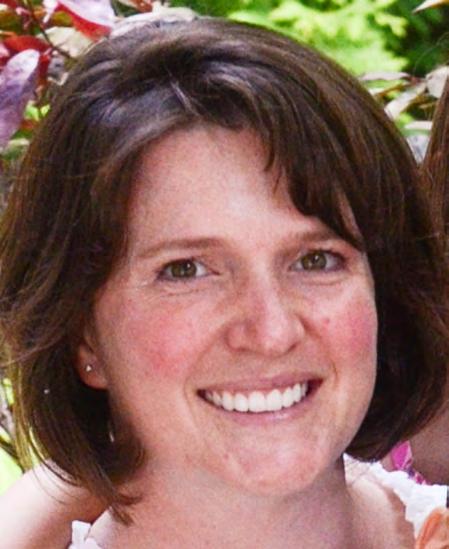
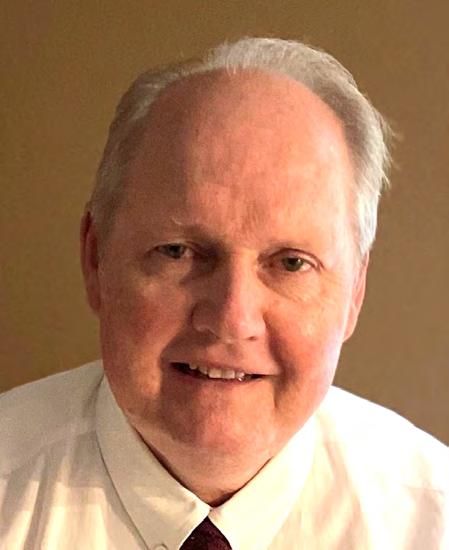
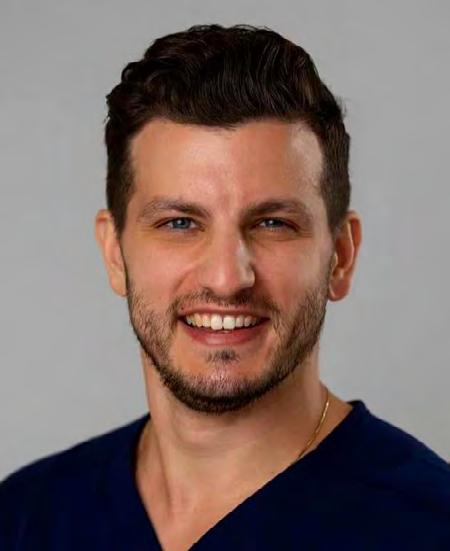
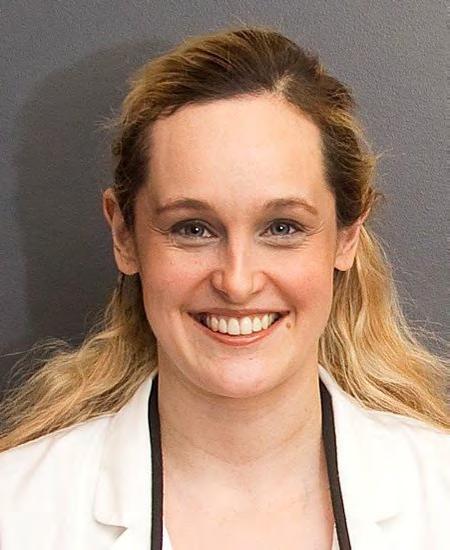
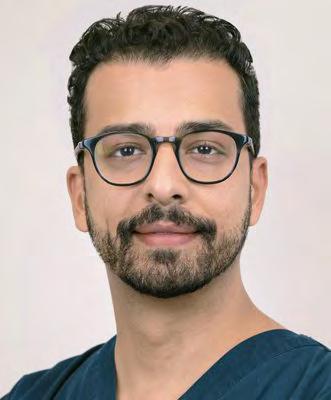
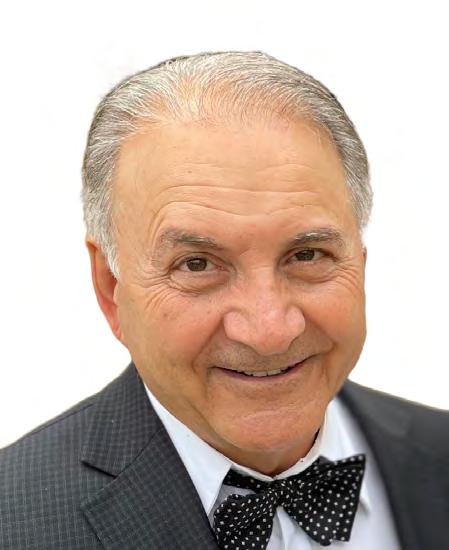
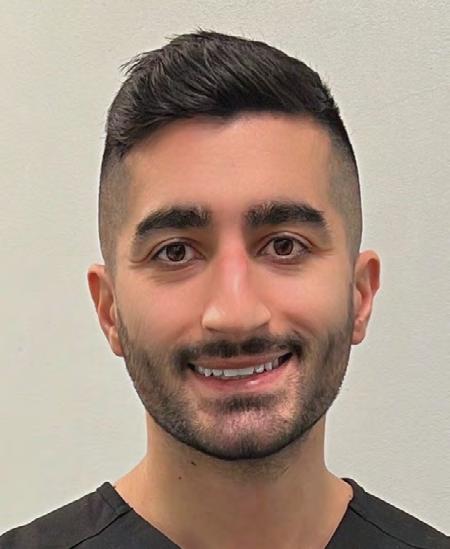
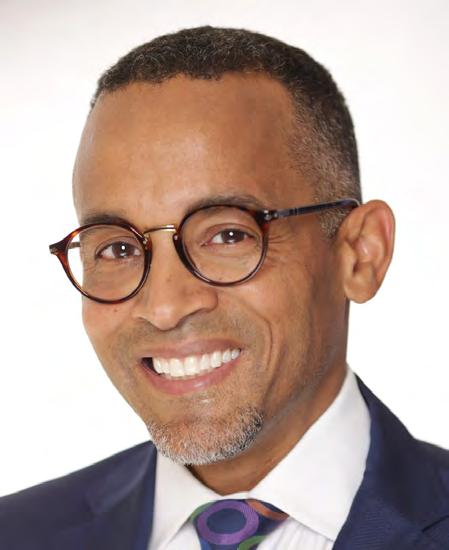
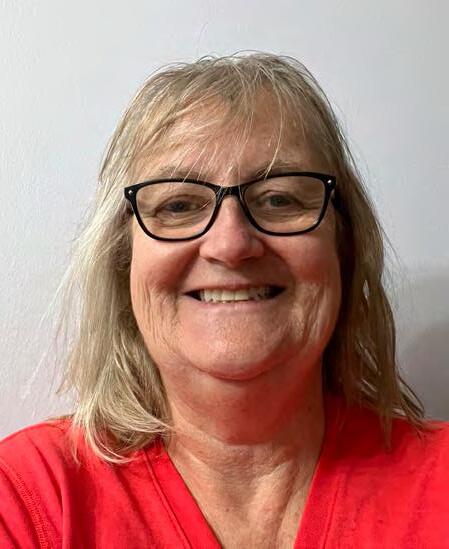
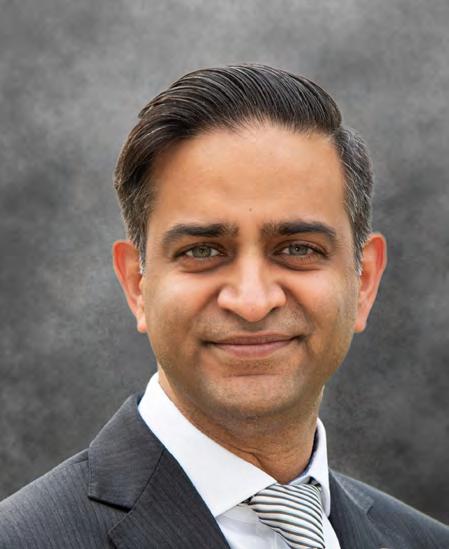
President:
Dr. Harinder Sandhu
Vice President: Dr. Nalin Bhargava
Dr. Robyn Somerville Dr. Peter Delean
Dr. Daniel Fortino
Dr. Erin Walker Dr. Osama Soliman Dr. Antony Liscio
Dr. Eilyad Honarparvar Dr. Anthony Mair
Dr. Deborah Wilson Dr. Neil J. Gajjar
Public Members
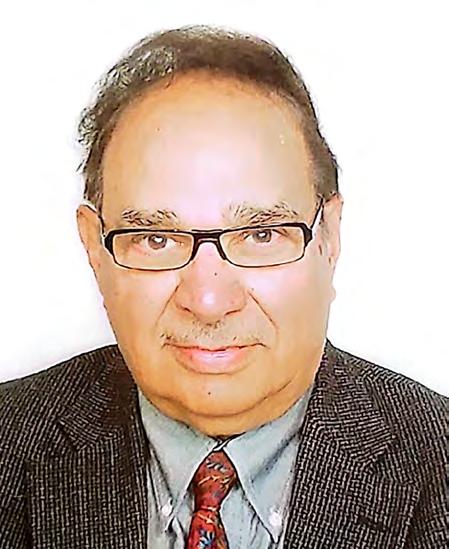
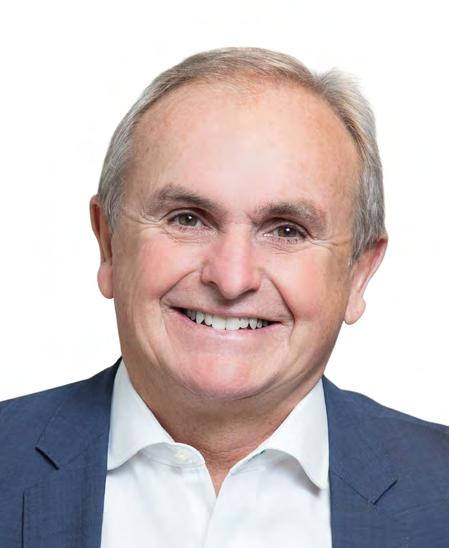
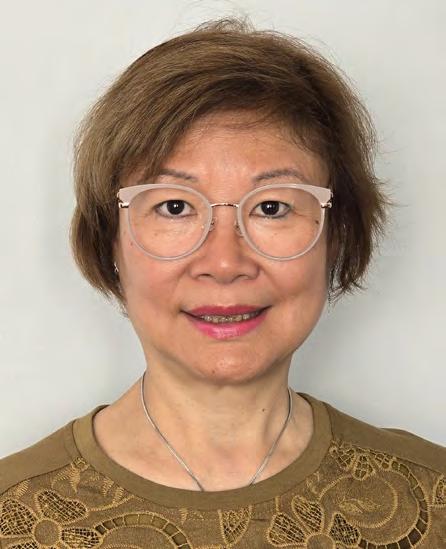
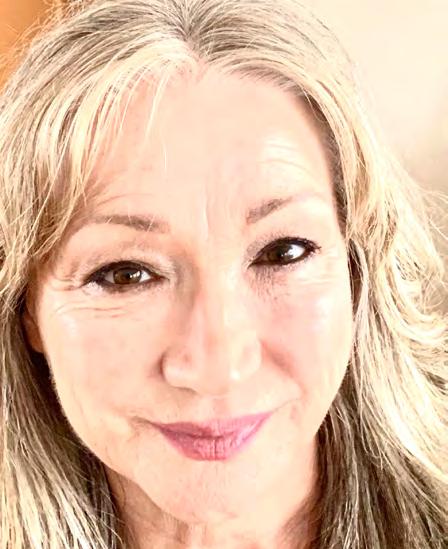
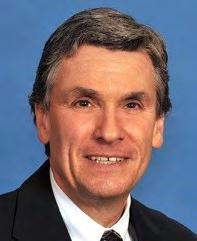
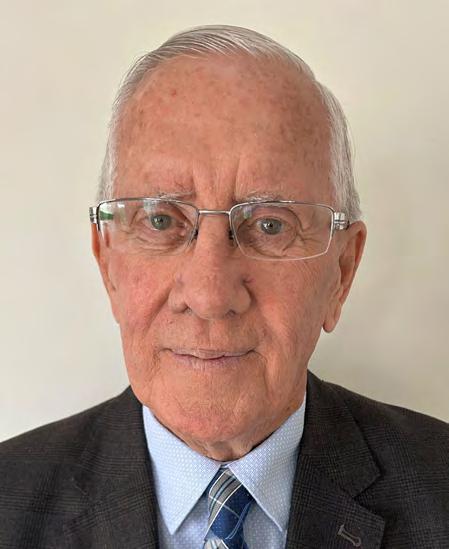
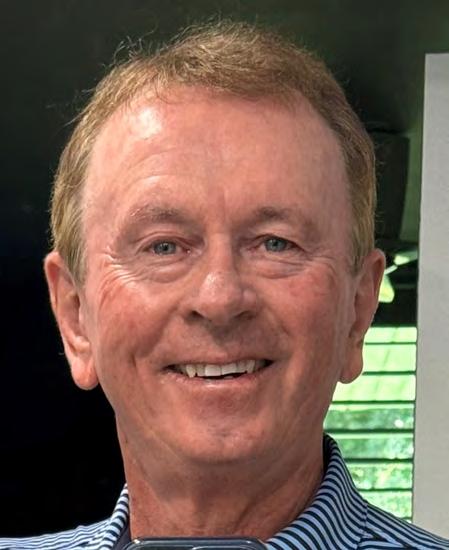
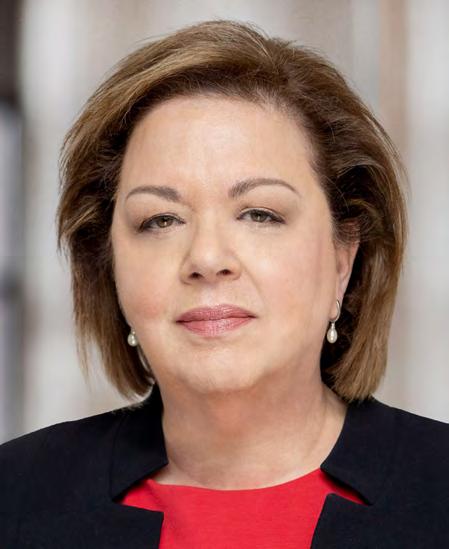
Academic Appointments
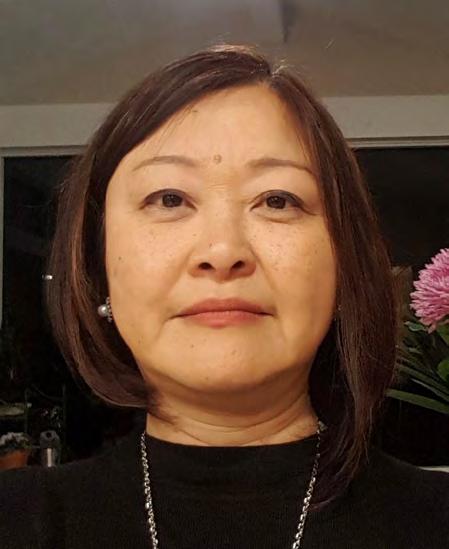
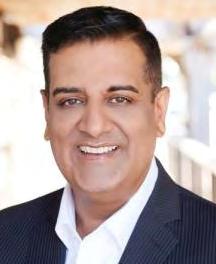
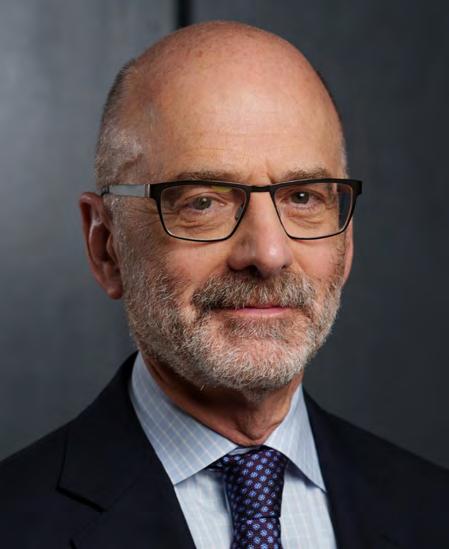
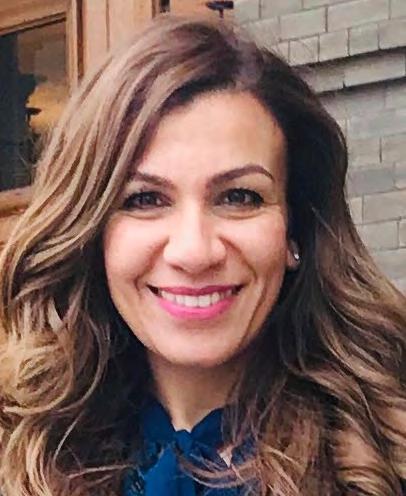
Ram Chopra
James Colliver Cristina Cordeiro Eleonora Fisher
Marc Trudell Brian Smith Roderick Stableforth Judith Welikovitch
Vivian Hu Nizar Ladak
Dr. Daniel Haas Dr. Noha Gomaa
Using the College’s public register


Why use “Find a Dentist”?
“Find a Dentist” is the RCDSO’s public register. It contains helpful information for everyone.
A person, patient or dentist can:
verify that a dentist is licensed to practise in Ontario
ensure that they, or their loved ones, are receiving care from an appropriate dental provider or specialist
confirm if a dentist is under any restrictions or required to complete education or remediation before they can provide care
review a potential employer/employee before offering or accepting a position.

Why does the RCDSO have a public register?
Under the Regulated Health Professions Act and the Health Professions Procedural Code, the RCDSO has a responsibility and legal duty to protect the public. All regulatory colleges use transparency principles to guide what is posted online.
All dentists practicing in Ontario must be registered with the RCDSO. The public register contains helpful information about dentists, including their:
registration status
qualifications (i.e. General Dentist vs a Certified Specialist)
specialized permits and authorizations (i.e., CT or sedation use).

The register also contains information about dentists who have:
terms, conditions, or limitations that restrict their practice, with the date the restriction took effect
current criminal charges, bail conditions, or criminal findings of guilt
a summary of investigation outcomes that include a moderate or high-risk outcome (i.e., caution, required education or remediation, an undertaking with the College or an interim order by the ICRC)
referrals and findings of the Discipline or Fitness to Practice Committee about a dentist’s practice, conduct or capacity (health)
been suspended or who are otherwise not entitled to practice (i.e. they resigned), with the date their membership ended.

What does it mean if I cannot find someone’s name on “Find a Dentist”?
Check to ensure you have spelled the person’s name correctly or try adding details from the “additional search criteria” feature.
Confirm that the individual is not a dental hygienist, dental technologist, or denturist. These individuals are registered with their own provincial regulators.
Contact practiceadvisory@rcdso.org for assistance.

Still cannot find the individual?

Though rare, you may have encountered someone who is practicing dentistry without an Ontario license.
Even if the person has credentials from another province or country, or oral health care training in another field of practice, only active members of the RCDSO can practice dentistry in Ontario.
Please review our List of Known Illegal or Unauthorized Practitioners.
To ensure the public is receiving care only from licensed dentists, the College will seek an Order from the Superior Court of Ontario to block illegal or unauthorized practitioners from providing care in Ontario.
Please ensure that your registration information is current on the College’s Register. You must ensure that your contact information with the College is accurate and up to date. If updates are needed, please email registration@rcdso.org or update your member profile through the RCDSO Portal.
If you suspect you have received care from someone who is not licensed to practice dentistry in the province, please file a concern online or contact us at info@rcdso.org
Update re: Candida auris (C. auris)

Effective January 1, 2025, Candida auris (C. auris) is a newly designated Disease of Public Health Significance (DoPHS) and is reportable to the Medical Officer of Health (MOH).

What does this mean for dentists?
Dentists have a role in infection prevention and control and can help identify and prevent the spread of C. Auris by familiarizing themselves with the clinical presentation of this fungal pathogen.
C. auris can cause a range of infections, from wound and ear infections to bloodstream infections (candidemia). It is also capable of causing severe infections that can lead to sepsis, particularly in critically ill patients. Symptoms are often nonspecific and may include fever, chills and general malaise. These symptoms can resemble other common infections, which, combined with C. auris’s resistance profile, complicates prompt diagnosis and treatment. C. auris is able to colonize a person without causing symptoms, yet still pose a transmission risk within healthcare facilities. See Candida Auris Case Definition and Disease Specific Information 2025
Confirmed cases of C. auris must be reported to your local Public Health Unit. The definition of a confirmed case means that there was laboratory confirmation of C. auris by an accredited microbiology laboratory. Only clinical infections are considered confirmed cases of C. auris.
According to the College’s IPAC Standard, screenings should be performed. Reschedule non-urgent appointments if patients show signs of illness, and isolate urgent cases to minimize transmission.

More information
C. auris can cause a range of infections, and its symptoms are often non-specific, with limited treatment options available. More information about C. auris is available here:
Focus on Candida auris Public Health Ontario
Interim Guide for Infection Prevention and Control of Candida auris
Although the prevalence of C. auris in Ontario is currently low, the emergence of multidrug-resistant organisms within Canadian healthcare facilities necessitates an integrated approach to surveillance and infection control across the health care sector.
Please review the updated list of diseases of public health significance.
Questions?
Requests for assistance
The following are requests for assistance obtaining dental records from various police services and coroner’s offices across Ontario. If you have any information, please reach out to the contact listed in each case.
Name: Matthew POPOFF
Date of Birth: March 1, 1972
Requested From: Ottawa Police Service
Contact: Detective Stephen Love
Contact Email: loves@ottawapolice.ca
Name: Matthew HOPKINS
Date of Birth: September 8, 1958
Requested From: Ottawa Police Service
Contact: Constable Ryan Carroll
Contact Email: CarrollR@ottawapolice.ca
Name: Daryl HEPPNER
Date of Birth: April 12, 1974
Requested From: Office of the Chief Coroner, Toronto East
Contact: Dr. Jennifer M. Dmetrichuk
Contact Email: Jennifer.Dmetrichuk@ontario.ca
Name: Wayne REEVES
Date of Birth: September 29, 1953
Requested From: Guelph Police Service
Contact: Detective Constable Zac Martin
Contact Email: ZMartin@guelphpolice.ca
Name: Manfred WOLFEL
Date of Birth: November 4, 1935
Requested From: Durham Regional Police Service
Contact: Paul Grigoriou
Contact Email: 3425@drps.ca
Name: William Barron JACK
Date of Birth: February 7, 1953
Requested From: Niagara Regional Police Service
Contact: Detective Constable Rami Abdalla
Contact Email: Rami.Abdalla@niagarapolice.ca
Name: Matthew KOEHLER
Date of Birth: July 20, 1993
Requested From: Toronto Police Service
Contact: Detective Constable Natalie Lacroix
Contact Email: Natalie.Lacroix@tps.ca
Name: Tejan SHARMA
Date of Birth: March 7, 2008
Requested From: Toronto Police Service
Contact: Detective Constable Travis Stirrat
Contact Email: missingpersons@torontopolice.on.ca
Name: Jose Goncalves VALIM, alternate spelling Joseph VALEM
Date of Birth: April 2, 1934
Requested From: Ontario Provincial Police | Southern Georgian Bay Detachment
Contact: Detective Constable Tyler Pratt
Contact Email: Tyler.Pratt@opp.ca
Name: Pamela Ruth LOYKO
Date of Birth: September 28, 1964
Requested From: Office of the Chief Coroner, Toronto East
Contact: Dr. Joel A. Kirsh
Contact Email: joel.kirsh@ontario.ca
Referring dental CT scans to an oral radiologist outside of Ontario for interpretation and reporting

A prescribing dentist who orders or takes a dental CT scan in Ontario is required to ensure the entire field of view of the dental CT scan is examined and systematically reviewed (i.e., interpreted) and a written report of the interpretation is prepared (Standard of Practice – Dental CT Scanners). Dentists may refer the dental CT scan to an oral radiologist to perform the interpretation and reporting.
The College has received inquiries from dentists who would like to refer dental CT scans to an oral radiologist who is geographically located and licensed outside of Ontario to interpret and report on the dental CT scan. The College provides guidance on this in a few different resources. As per the College’s Standard of Practice - Virtual Care, interpreting and reporting on a dental CT scan is a form of indirect patient care when the oral radiologist interacts with the dentist and does not interact directly with the patient.
Under this Standard, an oral radiologist who is geographically outside of Ontario and providing indirect patient care does not need to hold an
Ontario license. However, the Ontario dentist who is referring to the oral radiologist is responsible for complying with all general requirements for referrals to another dentist for consultation and/ or treatment purposes, which can be found in College’s Most Responsible Dentist Practice Advisory and Dental Recordkeeping Guidelines. These College documents do not currently address cross-border consultations and referrals; however, they set out general obligations that may also be applied in the virtual care context. These general obligations include:
making an appropriate referral to a dentist with the required expertise;
helping patients understand:
the reason, nature, and scope of the referral (e.g., how they came to the determination that a referral is recommended, and the procedures and protocols involved);
the anticipated outcome of the referral and the potential risks/consequences of refusing the referral recommendation; and
the credentials of the referral dentist (e.g., what training or expertise they have, which jurisdiction(s) they are licensed in).
confirming the patient is in agreement with the referral recommendation and obtaining the patient’s consent before sending any information to another dentist (e.g., before making a referral); and
ensuring the patient’s personal health information (PHI) is appropriately safeguarded when it is shared virtually with the referral dentist.
Ontario dentists are reminded that if they rely on an opinion provided by another dentist, Ontario dentists are still required to obtain the patient’s valid consent for any treatment proposed on the basis of the opinion.
Ontario dentists who refer dental CT scans to an oral radiologist outside of Ontario, directly to an oral radiologist or through an a company that employes oral radiologists, are encouraged to review the following College resources to ensure they are complying with all College guidance:
Standard of Practice – Dental CT Scanners
Standard of Practice – Virtual Care,
Frequently Asked Questions – Virtual Care
Most Responsible Dentist Practice Advisory
Dental Recordkeeping Guidelines
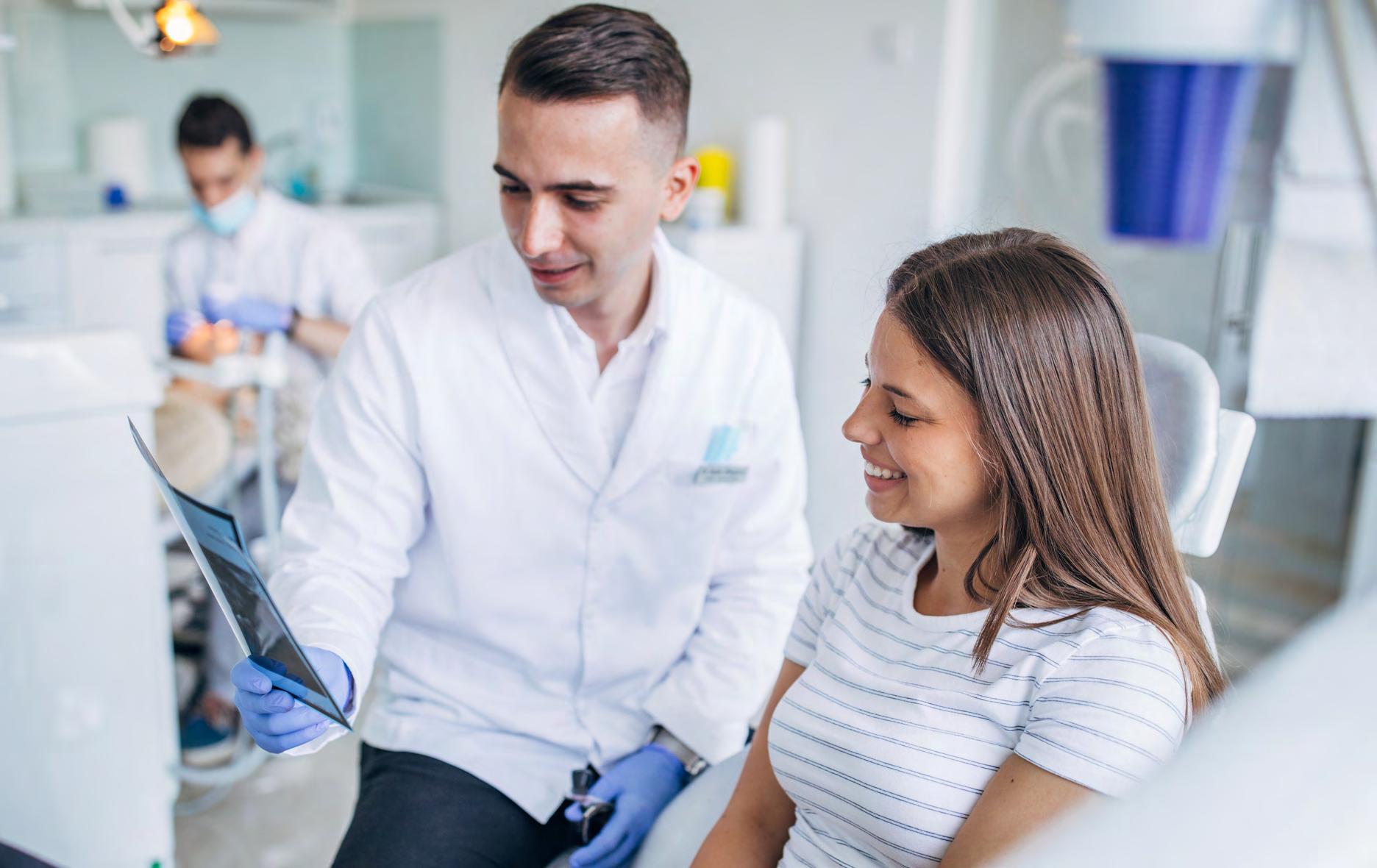
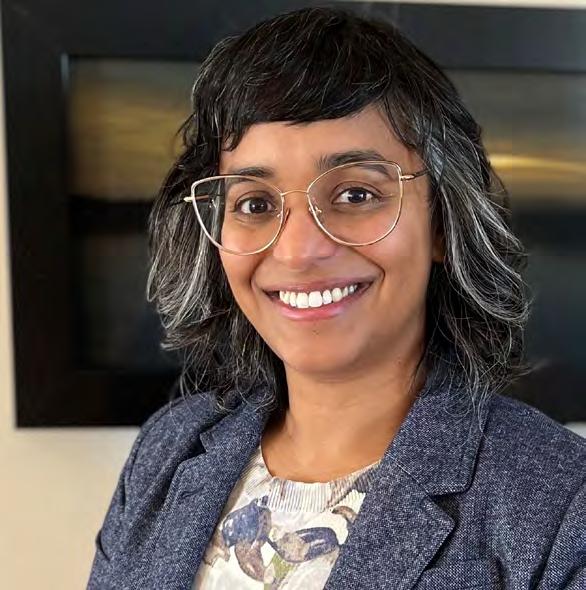
“ Get to know our staff: Danielle Rodé
By collaborating closely within our department and with other regulatory programs at the College, we strive to support registrants while upholding the standards necessary to protect the public.”
The RCDSO is committed to protecting the public and ensuring excellence in dental care standards. Central to this mission is the College’s Facility Inspection Program, which plays a vital role in maintaining patient safety and ensuring high-quality care in dental practices across Ontario.
Under the dedicated leadership of Danielle Rodé, the department oversees two critical programs: the Sedation and General Anesthesia Program and the Dental CT Scanner Program. These programs are instrumental in enforcing the RCDSO’s standards of practice and are integral to ensuring patient safety and high-quality care in dental practices across Ontario.
“Our department focuses on implementing and enforcing standards of practice for the use of sedation, general anesthesia, and dental CT scanners,” Danielle explains. “A significant part of my role involves supporting our dedicated team of administrators and assistants who work tirelessly to manage these programs. We are constantly exploring ways to simplify our processes, improve efficiency, and better support registrants in complying with regulatory standards.”
The Facility Inspection Program operates with a
team of seven full-time staff members, including administrators and administrative assistants, alongside a part-time clinical dental advisor, Dr. Kirsty Large, who provides expert advice and guidance on clinical matters. In addition, the department collaborates with 15–18 inspectors – highly qualified dentists and healthcare professionals – who conduct facility inspections and review clinical records to ensure compliance with the College’s standards.
Collaboration is the cornerstone of the program’s success. “We have a skilled and committed team working to streamline processes and improve outcomes,” Danielle shares. “By collaborating closely within our department and with other regulatory programs at the College, we strive to support registrants while upholding the standards necessary to protect the public.”
Since joining the RCDSO in 2022, Danielle has been dedicated to enhancing and stabilizing the Facility Inspection Program’s operations. One of the department’s initiatives is modernizing the sedation and dental CT programs, which began this fall.
“This long-term project aligns with the review of our existing standards of practice. Our goal is to modernize these programs while the College’s Policy team conducts an in-depth review of the sedation and CT standards. We expect this work to be completed by late 2026, and we’re confident that the results will positively impact both the College and the dental profession.”
A unique aspect of the Facility Inspection Program is its operational leadership. As a lawyer by training, Danielle brings a fresh perspective to
the department’s management. “People are often surprised to learn that the program is led by a non-clinician,” she notes. “My focus is on operational excellence and program management, and I’m fortunate to have an incredible team of clinicians who provide the essential clinical expertise.”
As we continue to highlight the exceptional work within the RCDSO, the Facility Inspection Program
exemplifies our shared commitment to protecting the public and advancing the dental profession. By administering inspections, enforcing standards, and modernizing its programs, the department ensures that Ontarians receive safe, high-quality, and equitable oral health care, reinforcing the College’s dedication to public safety.
For more information about the Facility Inspection Program, visit our website or refer to the RCDSO’s Annual Report 2023 for a detailed overview of the department’s activities and achievements.
INFORMATION SPOTLIGHT

Measles alert
Ontario is currently facing a multi-jurisdictional measles outbreak, with a significant rise in cases. Measles is a serious and highly contagious respiratory infection. Dentists are urged to remain vigilant for signs and symptoms of measles.
Symptoms
Symptoms typically develop 8 to 12 days after exposure and include:
High fever
Cough
Runny nose
Conjunctivitis
Koplik spots – tiny blue-white spots on the buccal mucosa which may be present in the prodromal period
Red maculopapular rash starting on the face and spreading from head to toe
Dentists should screen patients when confirming appointments and upon arrival at the office, and reschedule those who are ill. Dentists should consider measles in patients exhibiting the above symptoms, especially if they have recently traveled or been in contact with a known case of measles.
All suspect cases of measles should immediately be reported to your local public health unit
More information is available at: Measles | Public Health Ontario Measles is on the rise - what you should know
Artificial intelligence in dentistry: Public engagement and development of RCDSO guidance

Artificial intelligence (AI) is increasingly prevalent in healthcare and dentistry, having a range of administrative, operational, and clinical applications. AI, when used responsibly, can improve the patient experience and quality of care. However, its fastpaced growth and the lack of existing guidance for dentists poses risks to patients.
The College is exploring AI in dentistry and engaging with the public to understand the views of dentists, patients, caregivers, and others.
Last summer, we held a preliminary consultation to learn more about the opinions of the public, the profession, and other interested parties on the benefits and risks of AI and current usage of AI by clinicians.
We are currently developing guidance informed by the feedback we’ve received, including input from subject matter experts. The guidance will cover areas such as:
assessing the appropriateness of AI considerations when using AI in practice transparency and disclosure protection of patient health information.
The guidance will support dentists who are considering or currently using AI tools in their practice to do so in a responsible and ethical manner. This document will also help patients understand what to expect from their dentists as AI becomes more commonplace in clinical practices.

Our draft guidance will be released shortly for public consultation. All consultation feedback will be reviewed and help inform revisions to the draft guidance. More information about RCDSO’s Standards Review and Development Process can be found here
Preliminary consultation
We collected 144 responses in the preliminary consultation, with the vast majority received through our online survey. While a minority of dentist respondents indicated they are currently using AI, most think they are likely to adopt AI technologies in the next five years.
The top benefits cited included helping with detection and diagnosis; office management and administrative uses; saving time by creating efficiencies; and improving communication with staff and patients.
The top risks identified included concerns about dependence and over-reliance on AI; overtreatment; inaccuracies, errors, and source data issues; loss of personal experience, personal touch, and human involvement; over-diagnosis and overtreatment; and privacy/confidentiality of patient information.
Citizen Advisory Group meeting
In November 2024, nine Ontario regulatory health colleges, including RCDSO, co-sponsored a Citizen Advisory Group (CAG) meeting to learn about patients’ and caregivers’ views about healthcare provider use of AI. Participants discussed their current understanding of AI in healthcare and reflected on hypothetical scenarios that involved the use of AI tools by healthcare practitioners. Key themes emerged from the discussion, highlighting the types of issues healthcare providers should consider when using AI in their practice.
Participants valued transparency, personal connection with their healthcare provider, and expressed concerns about AI as a potential barrier for those with limited tech literacy, while seeking more education, trust in AI’s accuracy, and data privacy assurances.


Dr. Daniel Haas receives Order of Canada
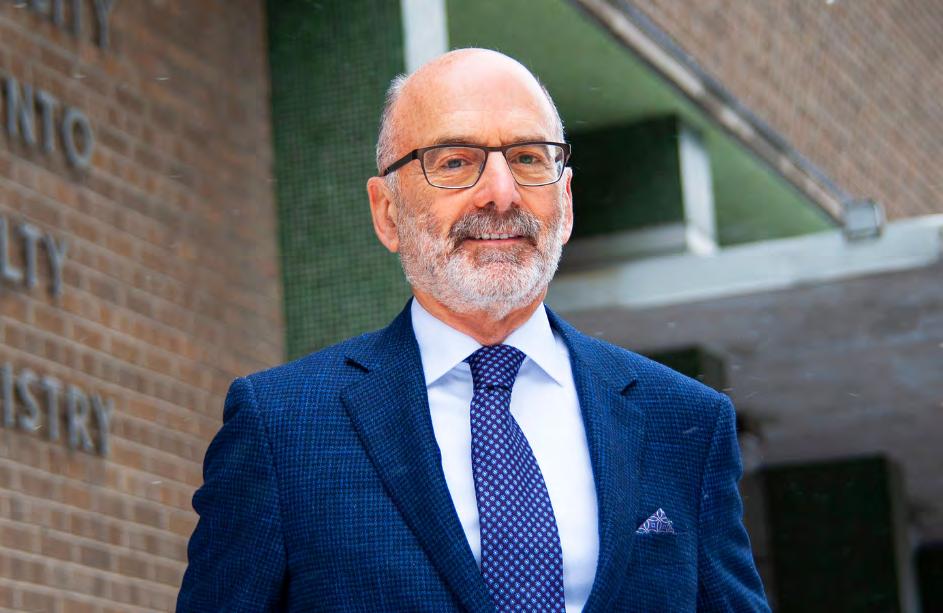
Dr. Daniel Haas, a member of RCDSO Council since 2022 and former dean of the Faculty of Dentistry at the University of Toronto, has been appointed a Member of the Order of Canada.
The Order of Canada is one of the country’s highest civilian honours. It was created in 1967 to recognize achievements and service that have had positive impact on communities across Canada. The contributions of individuals given this honour are varied, but all have enriched the lives of others and made a difference in Canada.
Dr. Haas is a leading expert in dental anesthesiology and pharmacology, and was recognized for his significant contributions to
oral health and dental education. His research on local anesthetic risks has enhanced patient safety. As dean of the University of Toronto’s Faculty of Dentistry and an advocate for specialty recognition, Dr. Haas influenced dental training and practices worldwide.
Dr. Haas currently sits as a member of the RCDSO Quality Assurance and Governance Committees where his valuable expertise helps to enhance public safety by ensuring that the knowledge, skill and judgment of Ontario dentists remains current throughout their careers.
Congratulations, Dr. Haas!
INFORMATION SPOTLIGHT
UPCOMING CONSULTATION ON PROFESSIONALISM
In the coming months, dentists, system partners and the public will have the opportunity to provide feedback on RCDSO’s Foundations of Professionalism draft document. This document outlines the values, principles and duties dentists have as oral health care professionals. The public consultation will be open from March 31 to May 30, 2025.
For more details, visit our Public consultations webpage starting March 31.
CDCP: Classification for minimal and moderate sedation
The classification for minimal sedation and moderate sedation as defined by Health Canada for the Canadian Dental Care Plan (CDCP) differs from the College’s definition. Health Canada has classified some types of sedation as minimal whereas the College’s Sedation Standard classifies them as moderate. In the most recent version of the CDCP Dental Benefit Grid, nitrous oxide/oxygen and/ or oral sedative are listed under the category of “minimal” sedation. The RCDSO’s Sedation Standard of Practice (pg. 10) defines these sedation modalities as follows:
Minimal sedation
1. administration of nitrous oxide and oxygen; or
2. oral administration of a single sedative drug
Moderate sedation
3. oral administration of a sedative drug, with or without nitrous oxide and oxygen; or
4. parenteral administration of a sedative drug (intravenous, intramuscular, subcutaneous, submucosal or intranasal).
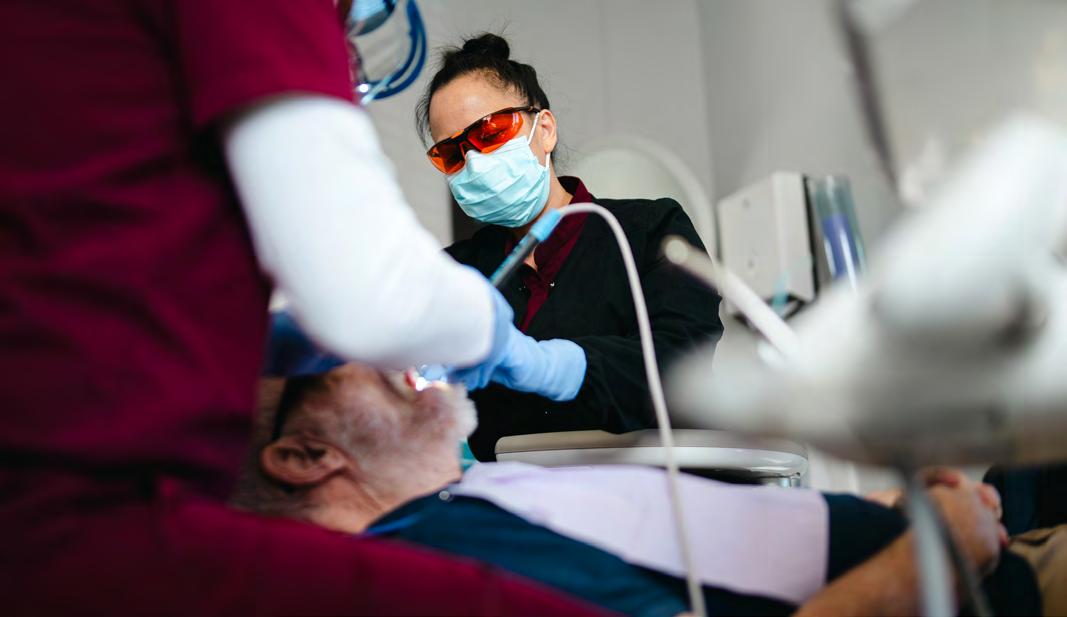
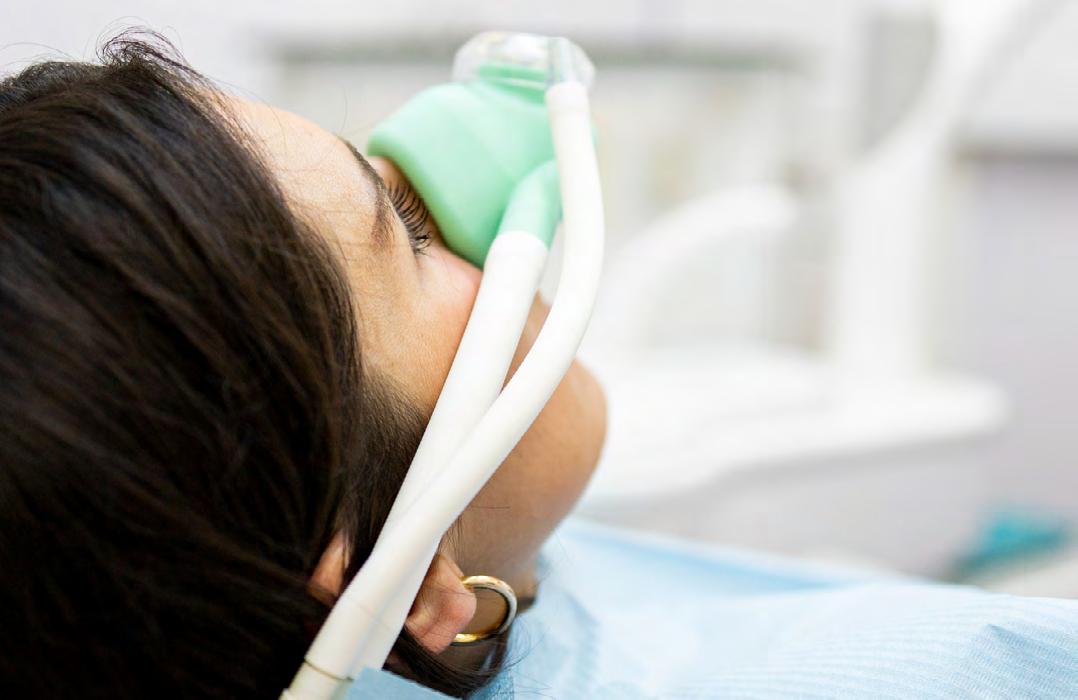
The College sets out additional parameters in section (A) Minimal Sedation and section (B) Moderate Sedation of the Sedation Standard of Practice, including maximum dose limits for oral and parenteral sedatives.
Health Canada has acknowledged the discrepancy between Health Canada’s classifications and the College’s definition of minimal sedation and moderate sedation, and indicated they may provide additional information in the CDCP Dental Benefit Grids for 2025. They have also stated that dentists will need to follow the sedation guidelines of the regulator for their jurisdiction. The RCDSO reminds dentists that they must adhere to their level of sedation authorization as defined in the College’s Sedation Standard and not as defined by Health Canada in the CDCP Benefit Grid.
For further information, please contact sedation@rcdso.org or practiceadvisory@rcdso.org.
Sedation renewal due March 31st
All dentists with a sedation authorization and/ or facility permit(s) must renew them before March 31st, 2025 through the RCDSO Portal This does not apply to provisional sedation authorizations.
We send all communications, including cancellation notices, to your email address on file with the College. Please make sure your contact information is up to date in the RCDSO Portal.
“CERTIFIED”
LEVEL II DENTAL ASSISTANTS: WHAT YOU NEED TO KNOW
The College often receives questions about whether Level II Dental Assistant needs to be “certified”. In Ontario, dental assistants are not a regulated health profession, meaning they do not require membership with a regulatory body or association in order to perform level II dental assisting duties.
While certification is not required, Level II Dental Assistants must meet qualification standards. To be considered qualified, a Level II Dental Assistant must hold the certificate of the National Dental Assisting Examining Board (NDAEB), provided that the certificate was issued based upon successful completion of its examination(s). Accordingly, dentists are permitted to assign level II dental assisting duties to individuals who have successfully completed the NDAEB.
Remember that continuing to administer sedation past the expiry date on your annual sedation authorization and/or facility permit(s) may constitute an act of professional misconduct.
It is important that you provide accurate information through the renewal application. For more information on sedation renewals, refer to our sedation renewal guide and our sedation FAQ
You can also contact sedation@rcdso.org with your questions
A dental assistant may choose to be a member of an association; however, membership is not mandatory.
A full list of level II dental assisting duties can be found in this Standard of Practice: Performance of Intra-Oral Procedures that are Not Controlled Acts by Preventive Dental Assistants, Level II Dental Assistants and Registered Dental Hygienists
Questions about the scope of practice for dental assistants can be directed to practiceadvisory@rcdso.org
NEW PET PLATFORM
The “Practice Enhancement Tool” is one of the elements of the Quality Assurance Regulation of the Dentistry Act. It is an independent, online assessment that assesses a dentist’s knowledge, skill and judgment through a series of multiple-choice questions in six competency areas. All dentists must complete the PET five years after registration with the RCDSO and every five years thereafter.
Since our last update, we have completed the pilot testing and made the refinements in preparation for the first cohort to access the RCDSO’s new PET platform on April 1, 2025. We have added to our supporting resources with a User Guide, Frequently Asked Questions document, video demonstration
and regularly scheduled live demonstrations. Please see our website for links or contact us at PET@rcdso.org for more information or assistance.
Please note that we follow a regular schedule of new question development and are always looking for dentists who want to learn more about writing PET questions. If you are interested, we ask that you please share a little information about yourself and the PET competencies that interest you.

Discipline summaries
Royal College of Dental Surgeons of Ontario v Rubinoff, 2024 ONRCDSO 3
Heard: October 1, 2024, by videoconference
Decision Date: October 1, 2024
Release of Written Reasons: December 5, 2024
Royal College of Dental Surgeons of Ontario v Farzat, 2024 ONRCDSO 4
Heard: November 13, 2024, by videoconference
Decision Date: November 13, 2024
Release of Written Reasons: December 24, 2024
Royal College of Dental Surgeons of Ontario v Shaughnessy, 2024 ONRCDSO 5
Heard: December 19, 2024, by videoconference
Decision Date: December 19, 2024
Release of Written Reasons: January 16, 2025
Royal College of Dental Surgeons of Ontario v Nguyen, 2024 ONRCDSO 6
Heard: December 11, 2024, by videoconference
Decision Date: January 27, 2025
Release of Written Reasons: January 27, 2025
Royal College of Dental Surgeons of Ontario v Bacchus, 2024 ONRCDSO 7
Heard: December 13, 2024, by videoconference
Decision Date: February 12, 2025
Release of Written Reasons: February 12, 2025
e-Portfolio: A look at dentists’ compliance and new features
In 2024, a total of 6,757 dentists completed their three-year Continuing Education (CE) cycle, and within days of the entry period ending, were notified that their audit was complete.
With 100% dentists now being audited upon completion of each cycle, this brings our twoyear audit total to 8445. This marks a significant improvement compared to the previous manual audit process, in terms of both timeliness and efficiency. Dentists are advised of upcoming deadlines months in advance so that they can proactively complete their requirements, new resources provide them with step-bystep instruction, and their lengthy submission preparations have been eliminated with automated reports that draw solely on the content already uploaded and approved.

In December 2024, a key enhancement was added to the e-Portfolio: Facility Inspection Program dashboards. These dashboards allow dentists to track their progress in maintaining CE requirements for specific standards and authorizations, such as CT and sedation. This increased transparency makes it easier for dentists to stay on top of their obligations.
In addition, the system now enables analysis of Category 1 course offerings. This capability helps identify gaps in available topics, allowing for a more targeted approach in seeking new course offerings where availability is limited.
These advancements mark significant strides in streamlining the audit process and ensuring that dentists have the resources they need to meet their CE requirements effectively.

New registrants
Mohamed-Aban Al-khatib
Abdulaziz Banasser
Morvarid Poorsattar Bejemir
Brian Wong
Pinar Alkumru
Seema Naik
Ahmad Kianfar
Caitlin Sherry
Thoma Qeleshi
Mahdis Maleki
Niousha Zerafatjou
Jun-kyu Kwak
Bita Khalilinejad
Donghyun Ko
Yannick Girouard
Prahamya Balaranjan
Kapil Kapoor
Farrah Ross
Paulo Henrique Dos Santos
Jennifer Chan
Golara Farhoomand
Femi Moradi
Lilia Damou
Zainab Mohammad
Theodore Wu
Bhavya Jani
Daniel-Boulos Moussa
Alireza Liaghatdar
Mohammad Abrar Musani
Sharanjeet Gill
Akashkumar Patel
Christopher Henein
Bita Tahghighi Jafarzadeh
Vidhi Makwana
Sohaila Rahimi Lascokelaye
Shahyar Ameryoun
Taraneh Nickkholgh
Mohamed Mahmoud
Sanaz Tabatabaei
Mahsa Khodaparast
Navdeep Singh
Sujee Chembilary
Videh Sharma
Nikita Gurao
Kaarthika Thiruchelvarajan
Dhvani Dhola
Ibrahim Elsharkawy
Manthan Solanki
Huili Chai
Aly Fahmy
Afsoon Mohammadi
Rahul Bansal
Katrin Spassov
Ausjah Abbas
Rami Gilada
ilker Burgaz
Ayham Alzaibak
Kevin Brady
Sonia Talreja
Jumana Hassoun
Milad Abdehagh
Mohamad Wassim Al akkad
Shivani Shah
Jia Lin Liu
Muhammad Abdullah Jatoi
Phillip Pham-Ho
Navtej Rathore
Priyaben Patel
Ali Kaboudanian Ardestani
Harsimran Mangat
Amol Karande
Henisha Patel
Remya Mole Sajan
Khushboo Bhavsar
Charu Dabas
Sanjeet Gill
Mushfiqua Tabassum
Jassanpreet Grewal
Mustakeem Patel
Armaan Dhillon
Mathew Amen
Maryam Bahnam
Andrew Almasraf
Lamis Murad
Kanika Duggal
Bahareh Aghamohammadi Ameghani
Dipal Patel
Saleh Elbarasi
Fadi Alnaoum
Navneet Kaur
Alyssa Margolian
Sweety Patel
Akashat Chaudhary
Sargun Kaur
Krishna Shah
Jiaji Tao
Gustavo Ziliani Carnelos
Fabiana Paula de Andrade
Rahul Dhar
Ifza Hasan
Sunny Arora
Neelansh Sikri
Diana Grajales Chaves
Anil Powar
Anik Babul
Jaspreet Kalsi
Tarun Meher
Pauline Eid
Nidhi Majmudar
Bhupinder Singh
Bharti Kapoor
Muhammad Abdus-Samad
Hesaneh Shakeri Mobasser
Malika Bhola
Ramandeep Kaur Saluja
Avni Patel
Dhrumi Shah
Mahmood Beheshtifar
Amanpreet Kaur
Ramandeep Kaur
Dunya Mahdi
Parnia Salimian
Elisabeth Wong
Hemakshi Pindoria
Raxa Kumar
Anjali Mange
Kriti Sharma
Sara Alshamali
Olkar Nino De Guzman Pena
Surriya Jabin
Reem Aboobacker Sideeque
Joan Daniel
Swetha Pannem
Nicholas Principe
Kamran Shahabi
Yogin Mahendrakumar Raval
Ali Eskandari
Sahand Seyedzadeh
Cassandra Garrison
